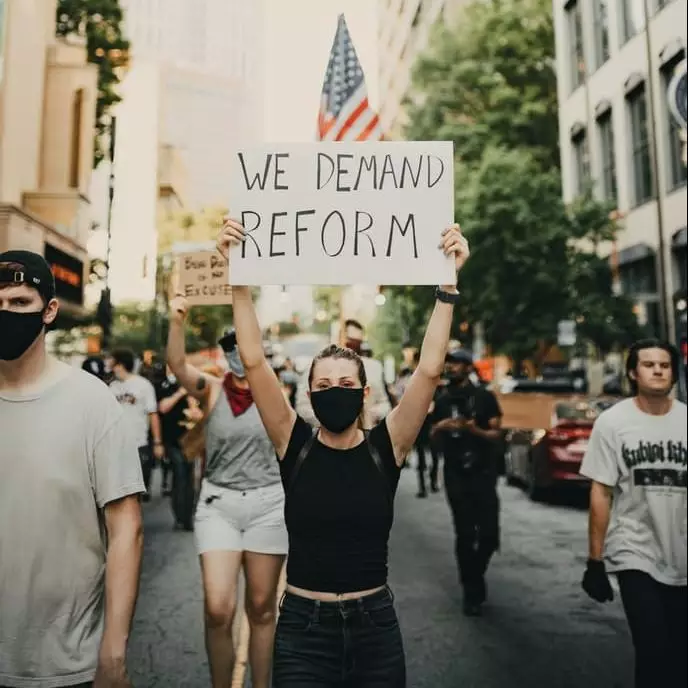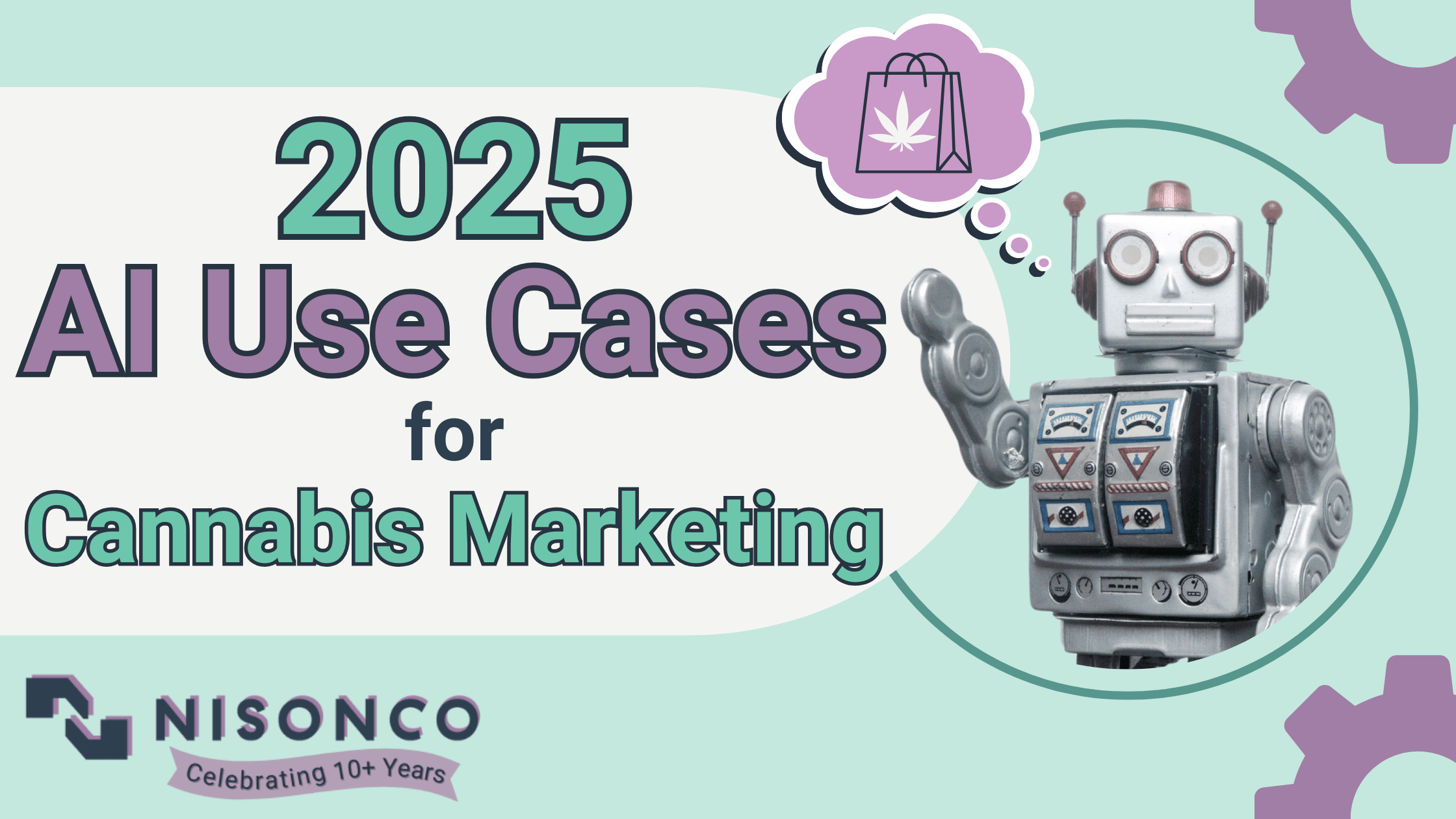
Joe Yates via Unsplash
As cannabis leaders, it’s important to be outspoken about progressive drug policy. There are existing, ongoing movements and legislative pushes for sensible drug policy worthy of our support. Likewise, there have also been notable and important strides in advancing a post-prohibitionist society.
To truly defeat prohibition, though, the ultimate goal is to abolish the drug war as we know it. The War on Drugs has caused tremendous harm to our culture. Imprisonment is a government-orchestrated repression tactic, and we’ve witnessed the policing and mass incarceration of Black and Brown people skyrocket. The perverse criminal justice system has even become synonymous with the United States’ global legacy, as we have the highest population of incarcerated people in the entire world.
Cannabis and psychedelic reform are extremely practical and achievable. Although the end goal is to abolish the drug war, legislative gains can work to end an era of prohibition. In addition to reversing the impacts of the drug war for formerly and currently incarcerated people, we can also prevent future arrests and sentences from happening. We have the potential to create a progressive example illustrating how to incorporate social equity into an industry.
Decriminalization of all drugs
Although cannabis is becoming more socially accepted through legalization measures, it’s not the only substance intertwined with the drug war. Other types of drugs, including street-based opioids and stimulants, are criminalized and so are the people who consume them. It’s important to remember that cannabis consumers aren’t superior to other drug users and that no one deserves to be criminalized for drug consumption.
There is currently a strong Congressional effort to decriminalize drugs of all kinds. The Drug Policy Reform Act (DRPA) would end criminal penalties for “personal use” drug possession at the federal level, expunge criminal records, and shift the regulatory authority from the Attorney General to the Secretary of Health and Human Services “to emphasize that substance use is a health issue and not a criminal issue,” reports the Verge.
Another Congressional bill, the MOVE Act, calls to deschedule cannabis from the Controlled Substances Act. Though it’s specific to cannabis, this legislation includes social equity measures, including resentencing for cannabis offenses and the prevention of federal agencies from prohibiting benefits for cannabis use.
Look for inspiration from places in which effective, active drug decriminalization policies have been passed. In February 2021, Oregon became the first state to decriminalize possession of small amounts of all drugs, and significantly increased access to recovery treatment and harm reduction services. In fact, tax revenue from the state’s cannabis industry is being allocated to provide these additional services. Additionally, in 2001 Portugal decriminalized possession of all drugs. Even today, law enforcement cannot arrest anyone with a 10-day supply or less of an illicit drug. Despite criticisms that the country would become a “drug paradise,” that never happened, emphasizes the Drug Policy Alliance.
Social equity in cannabis reform
Although it wasn’t always centered, social equity is now at the forefront of the most critical legalization discussions compared to a decade ago. Fortunately, social equity measures have even been included in state cannabis policies. Some of these include expungement for cannabis offenses, resentencing guidelines, social equity business model, reduced offenses for youth, and industry support and access for formerly incarcerated people.
The cannabis industry has the potential to become a model not just for other emerging drug markets, but for other existing industries. The concept of a social equity model particularly has the potential to close the opportunity gap for marginalized people. Oftentimes, state social equity programs are equipped with priority licensing, reduced fees or free applications, incubator programs, funding for new businesses, and much more.
One area the industry can improve in is support for formerly and currently incarcerated people. We can do a better job of releasing more people, as well as closing the opportunity gap for those wanting to join the industry.
Medicalization of psychedelics
There is a growing body of work demonstrating the healing properties of psilocybin and MDMA. While both these drugs should be decriminalized for recreational use as well, there is undeniable evidence of their therapeutic value.
A 2020 study published in JAMA Network shows psilocybin-assisted therapy to be effective in treating major depressive disorder. MDMA also has similar potential. The Multidisciplinary Association for Psychedelic Studies (MAPS) is undergoing groundbreaking clinical trials of MDMA-assisted therapy for those who’ve experienced sexual assault, war, and other violent traumas. Plus, in emerging research, many people that have been resistant to psychiatric drugs have seen results with psychedelics.
The benefits are too significant to exclude from a controlled, medical setting. And we’re still barely scratching the surface since more studies could be done if access to psychedelics is fully expanded.
While the emphasis is currently on cannabis and psychedelic reform for good reason, this is just a smaller battle in a larger war. The worst harms of the drug war will still continue until we fully end it. The focus areas mentioned above are just baby steps towards a greater movement to truly end prohibition in the United States.


